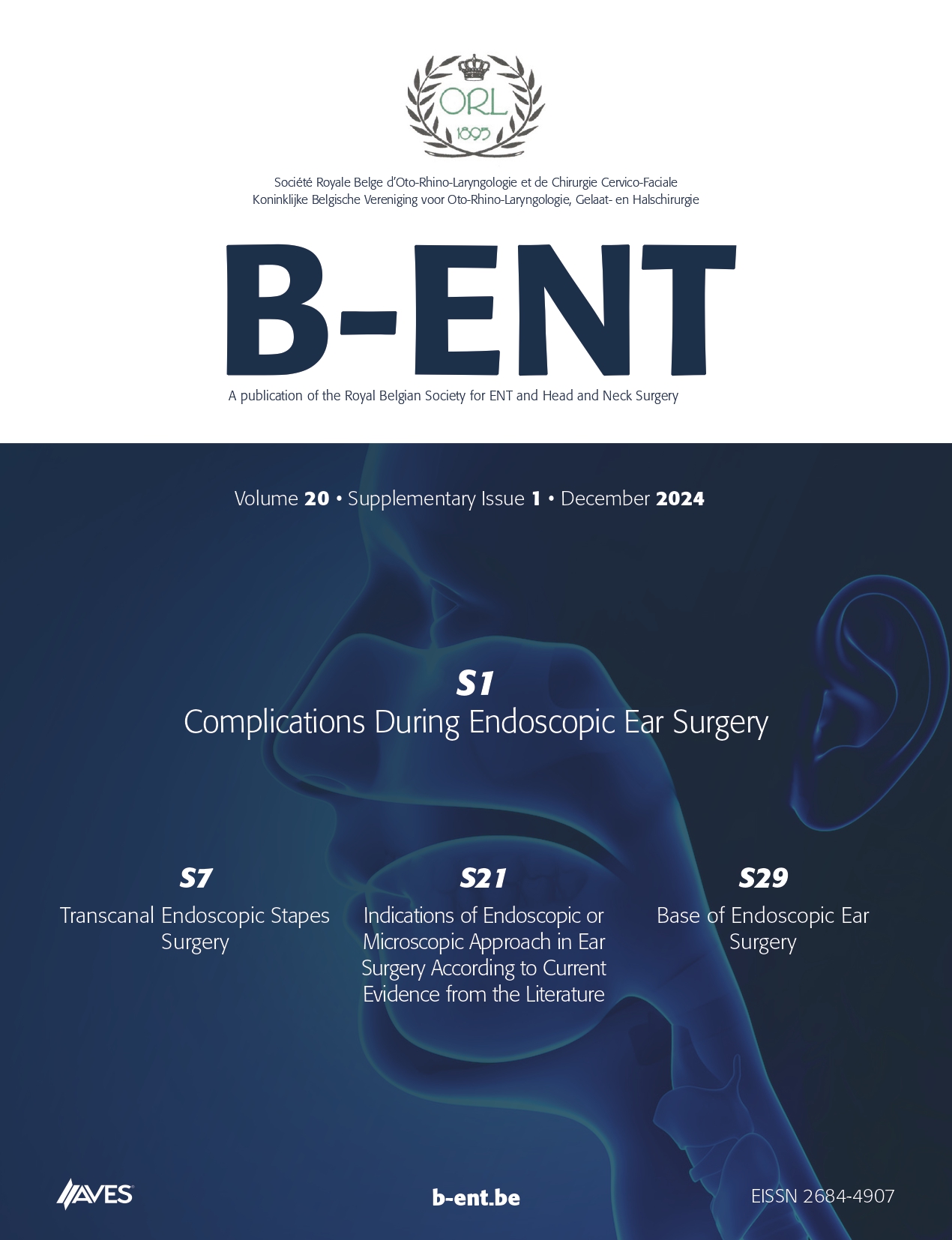Objective: The aim of this study was to analyse the factors that influenced speech recognition scores in quiet conditions and speech reception threshold levels (SRT) in fixed noise conditions, after cochlear implant (CI) surgery in adults with postlinguistic deafness.
Study design: Combined retrospective and prospective study in a tertiary referral centre.
Methods: We included 66 patients that received implants between 2002 and 2013. We retrospectively collected speech recognition scores and 14 demographic, audiological, and technical factors, including gender, age at implantation, aetiology, hearing loss progression, preoperative Pure Tone Average (PTA), hearing loss onset age and duration, duration and use of hearing aids (HAs); implantation in the best or worst ear; implantation on the right or left side; use of HA after implantation; and the duration and type of CI. We prospectively tested a subgroup of 21 patients for SRT in fixed noise.
Results: The hearing loss duration significantly affected speech recognition scores in quiet conditions (H (4) = 10.567, p = 0.032) and SRTs in fixed noise conditions (rs = 0.466, p = 0.033). The PTA of the better ear significantly affected only the SRT in fixed noise conditions (rs = 0.571, p = 0.007).
Conclusion: The duration of hearing loss and the PTA of the best ear had significant effects on the outcomes of speech recognition and SRT in quiet and fixed noise conditions, respectively. These findings are important for counselling CI candidates. Further studies in larger study populations are warranted.



.png)
